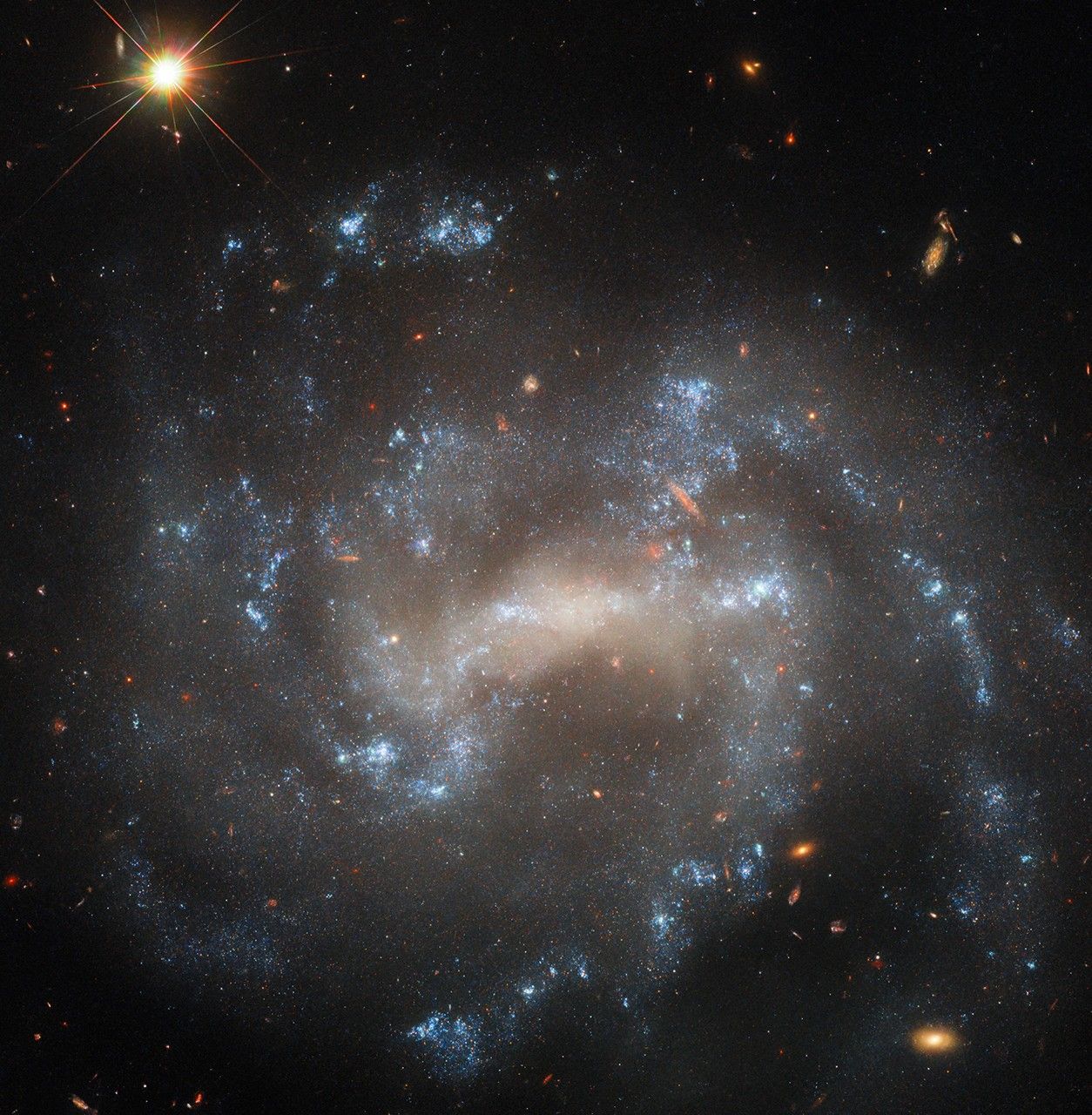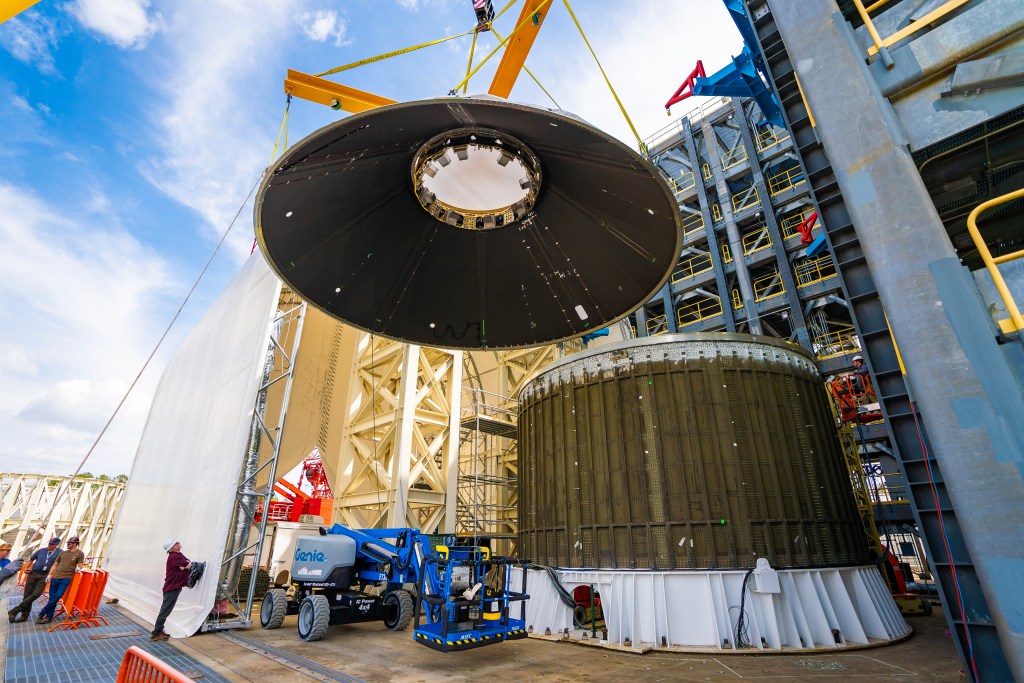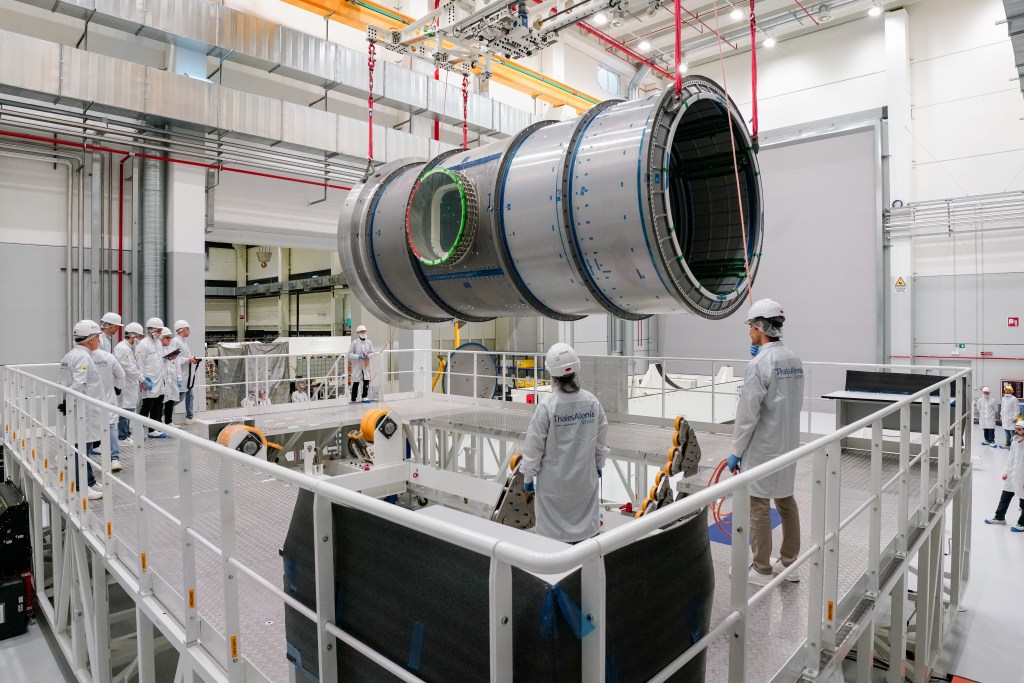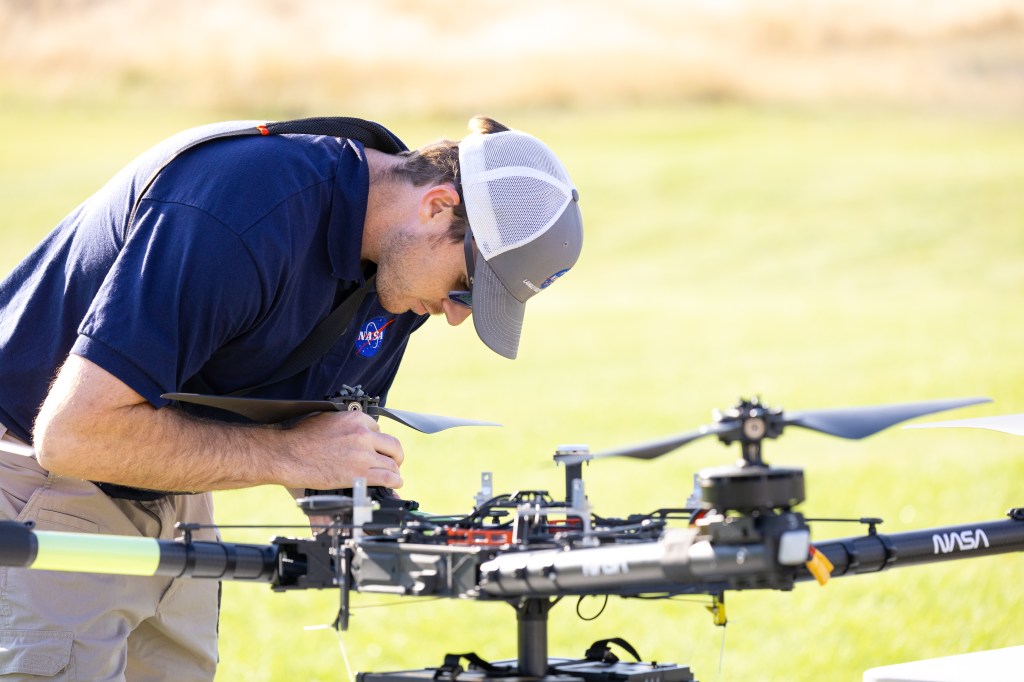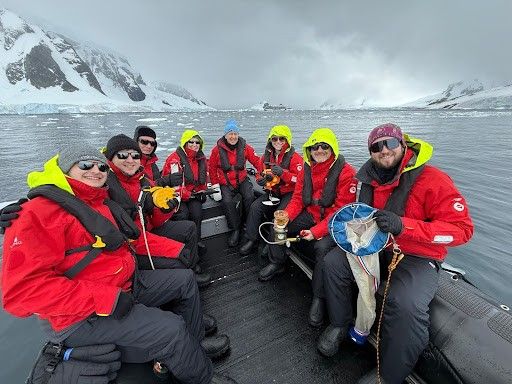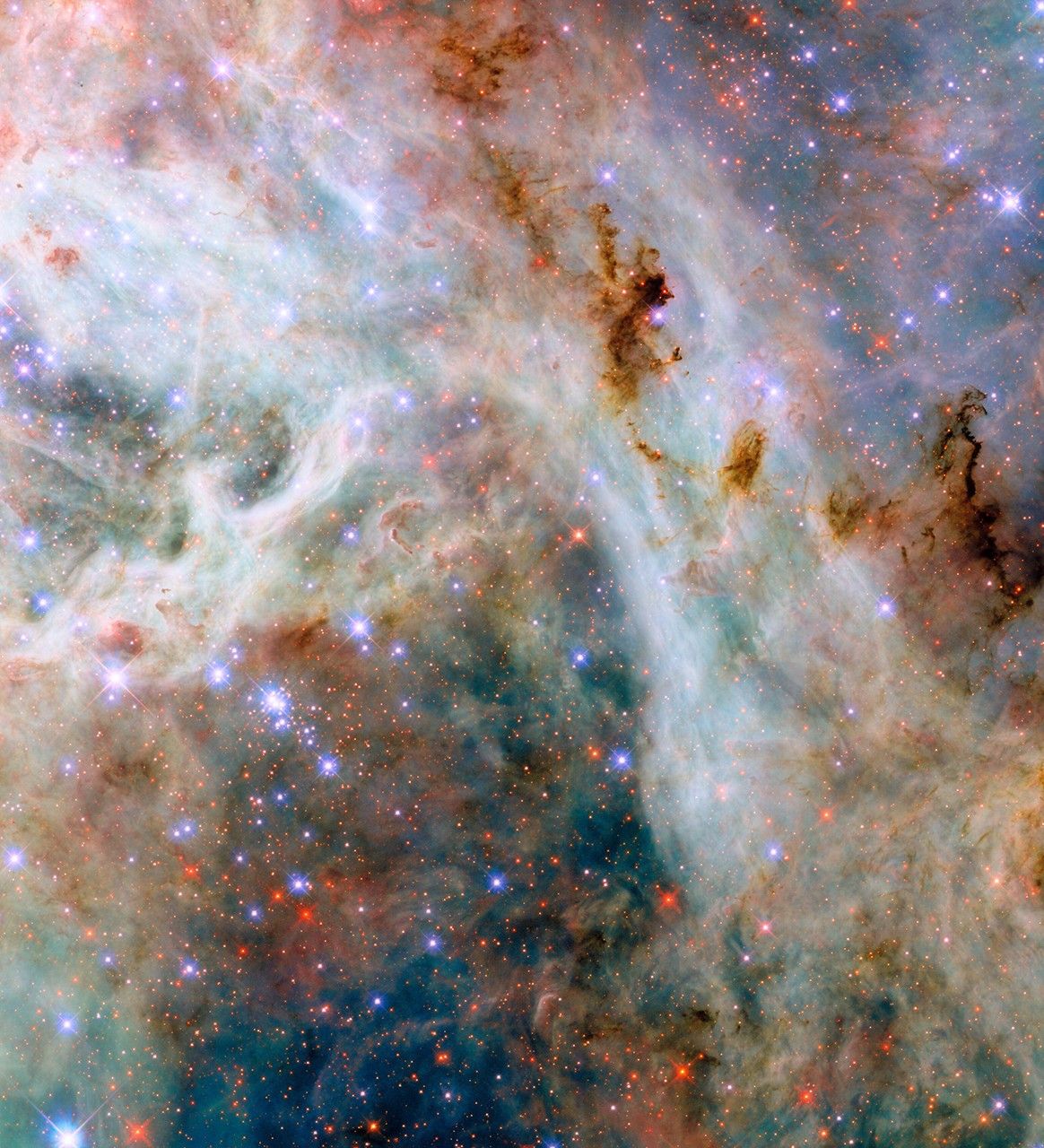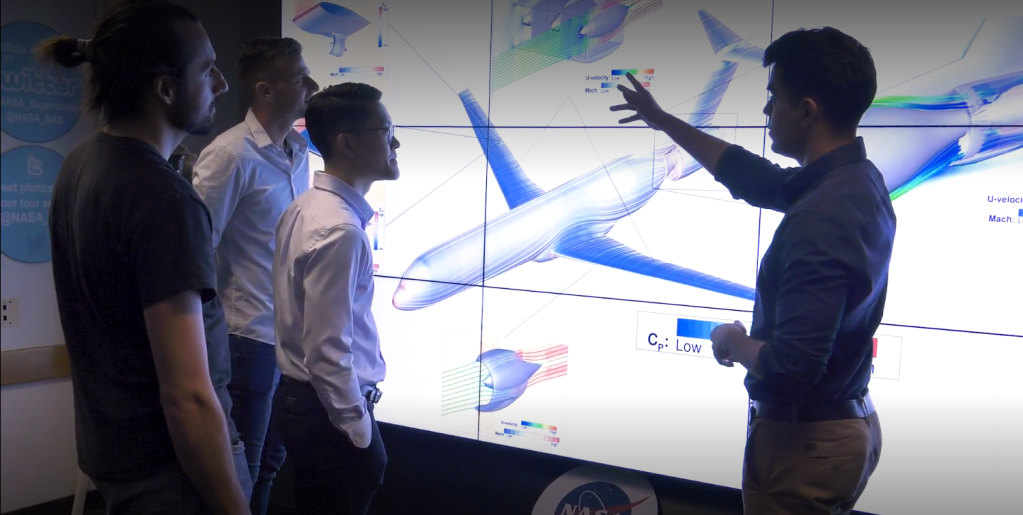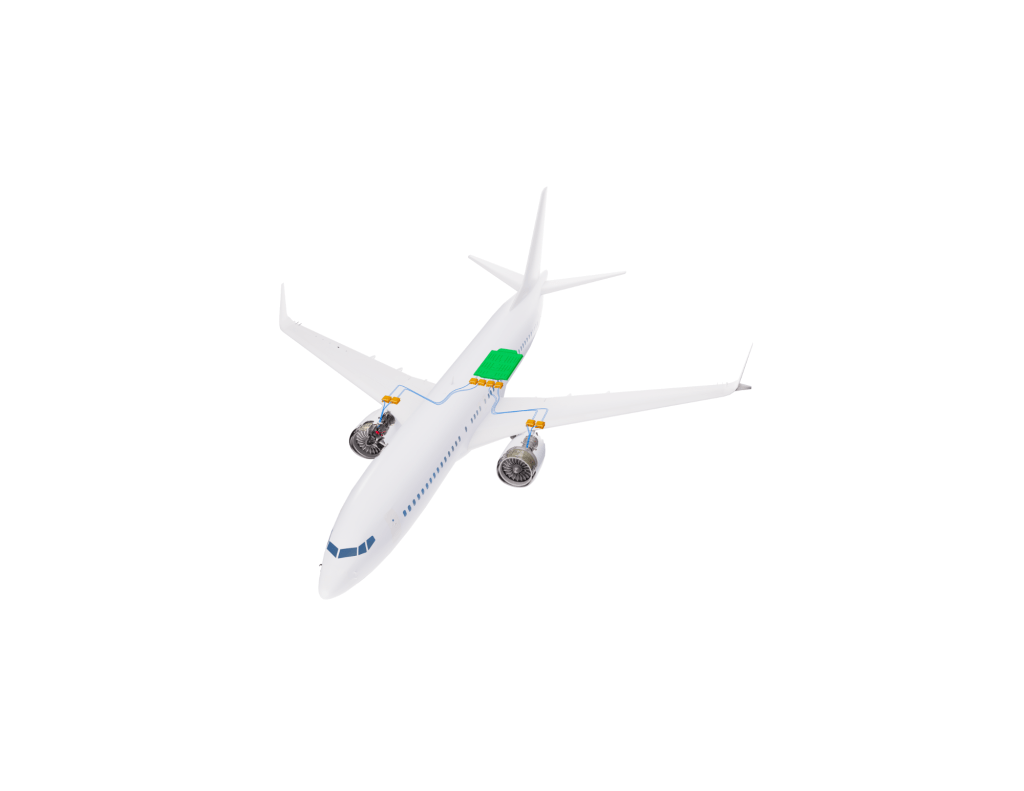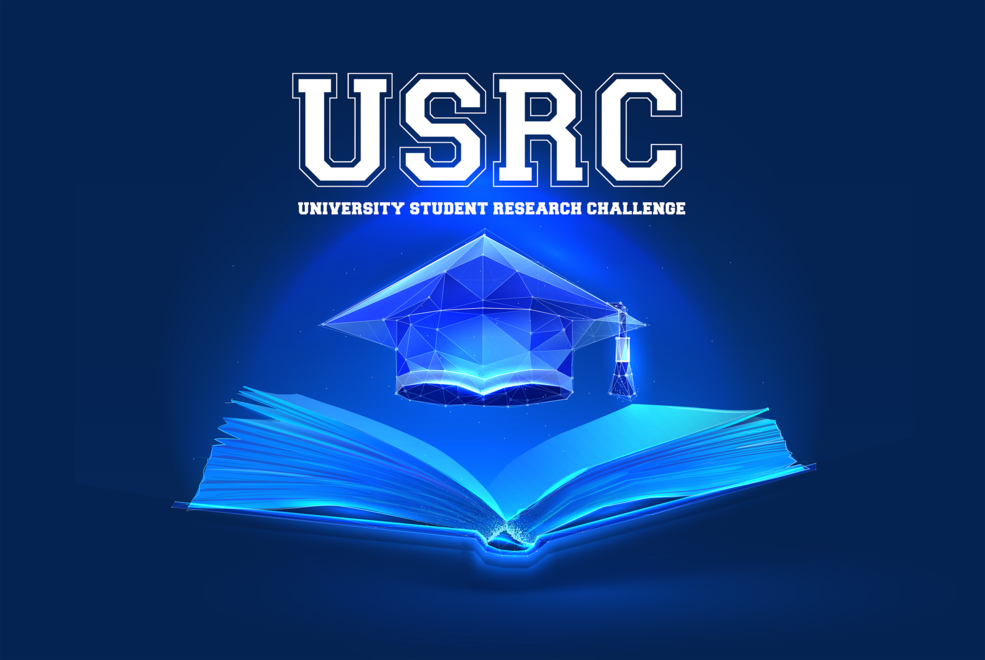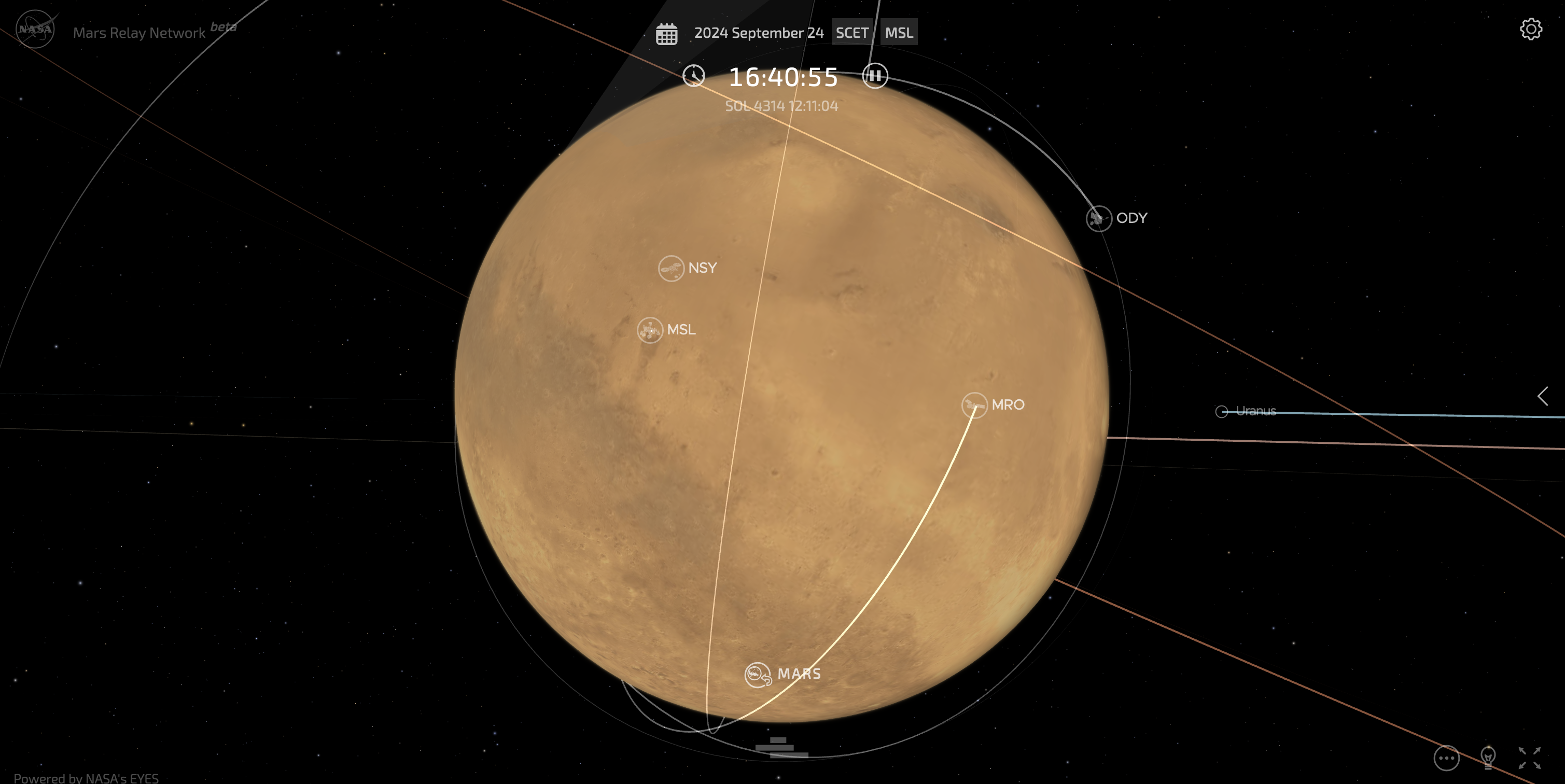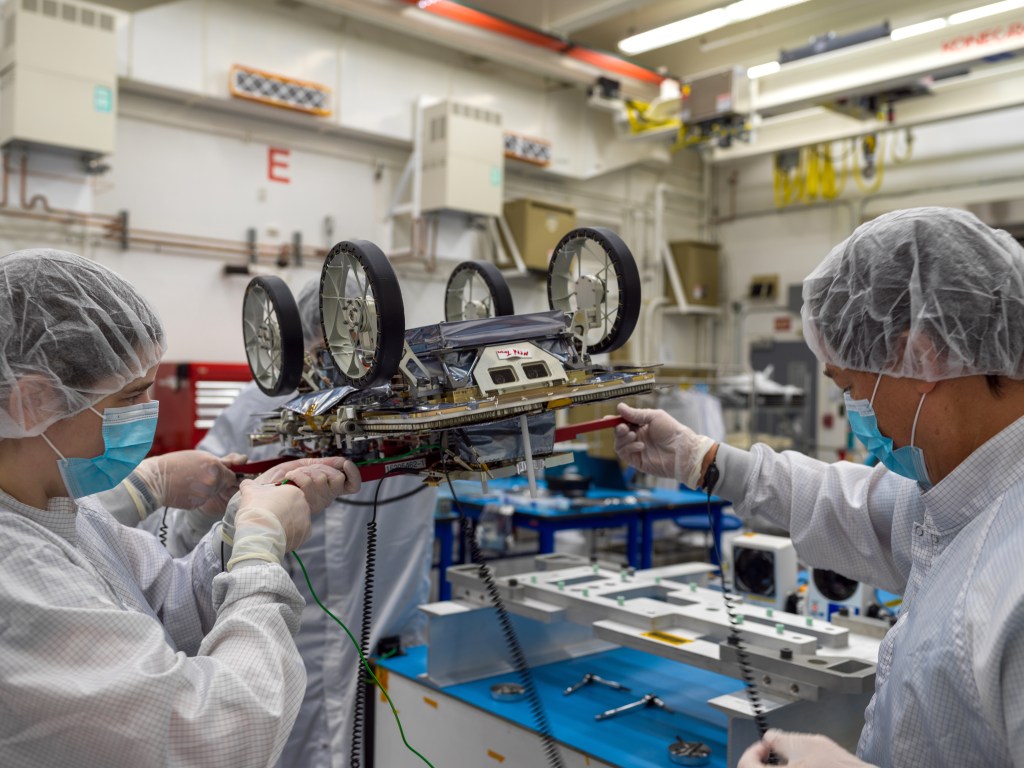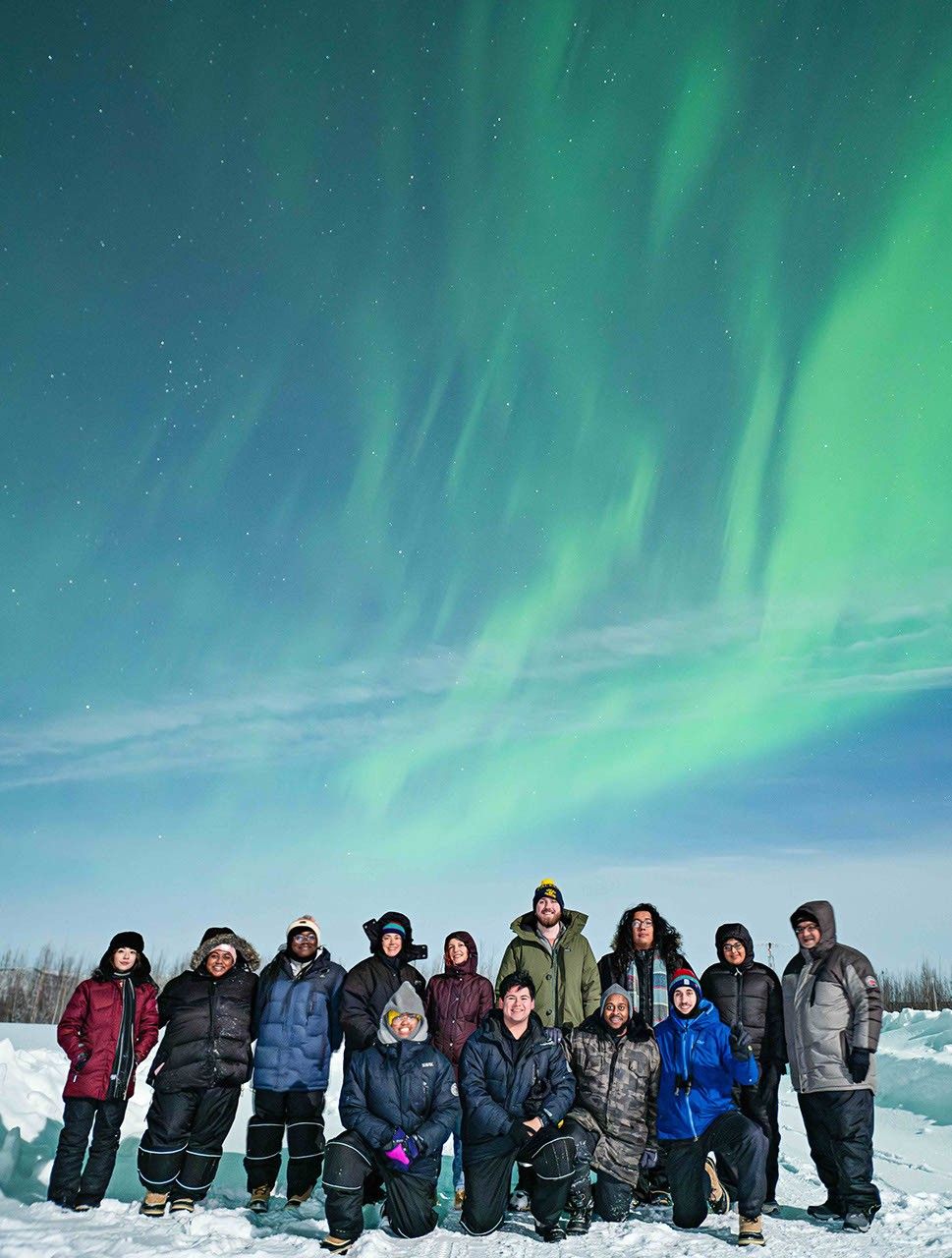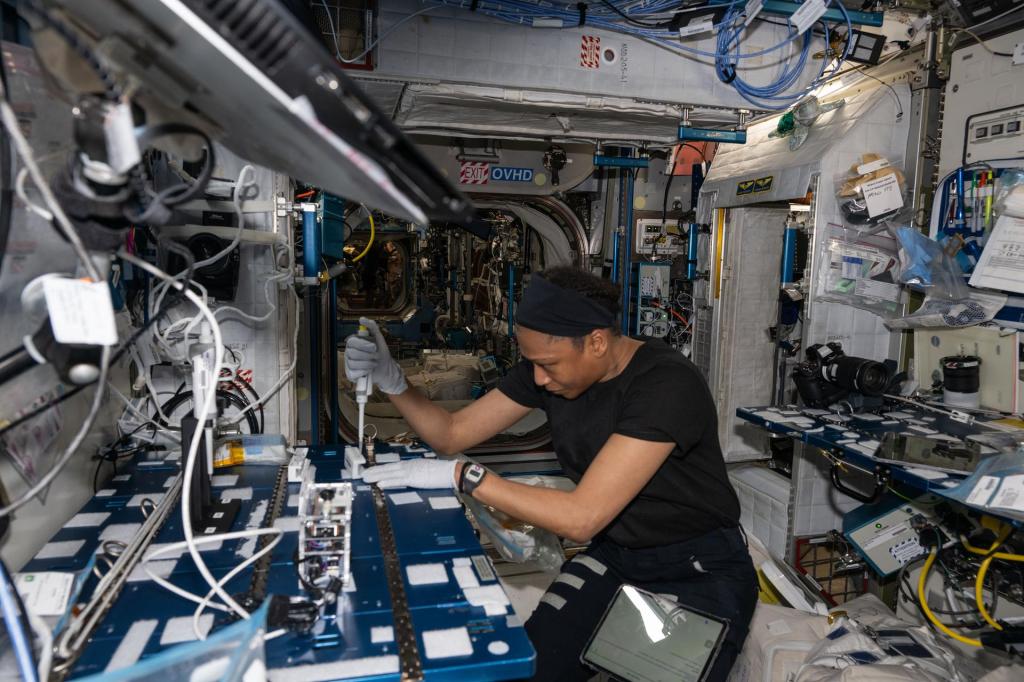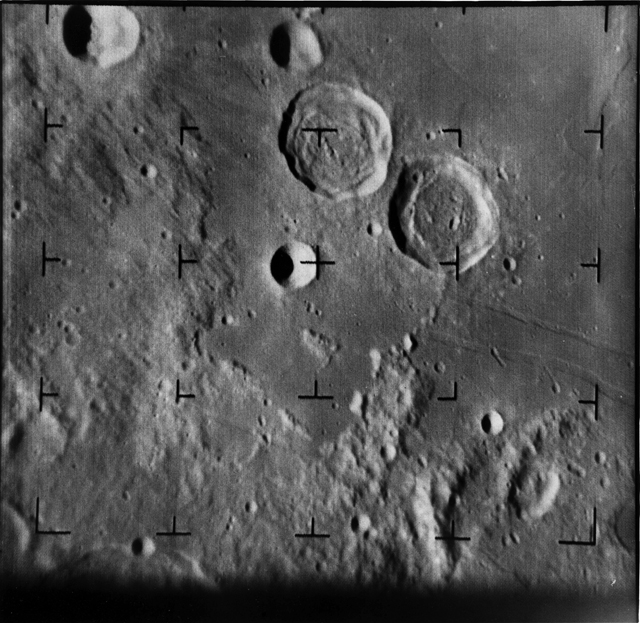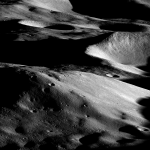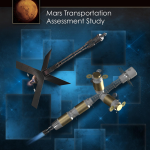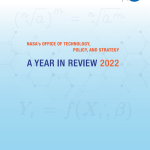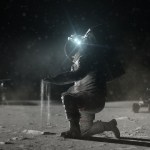OTPS Publications
NASA's Office of Technology, Policy, and Strategy
A Year in Review 2024
NASA’s Office of Technology, Policy, and Strategy, shares highlights from the office in 2024, including key accomplishments and collaborations that support the NASA mission.
View the Year in Review 2024 about A Year in Review 2024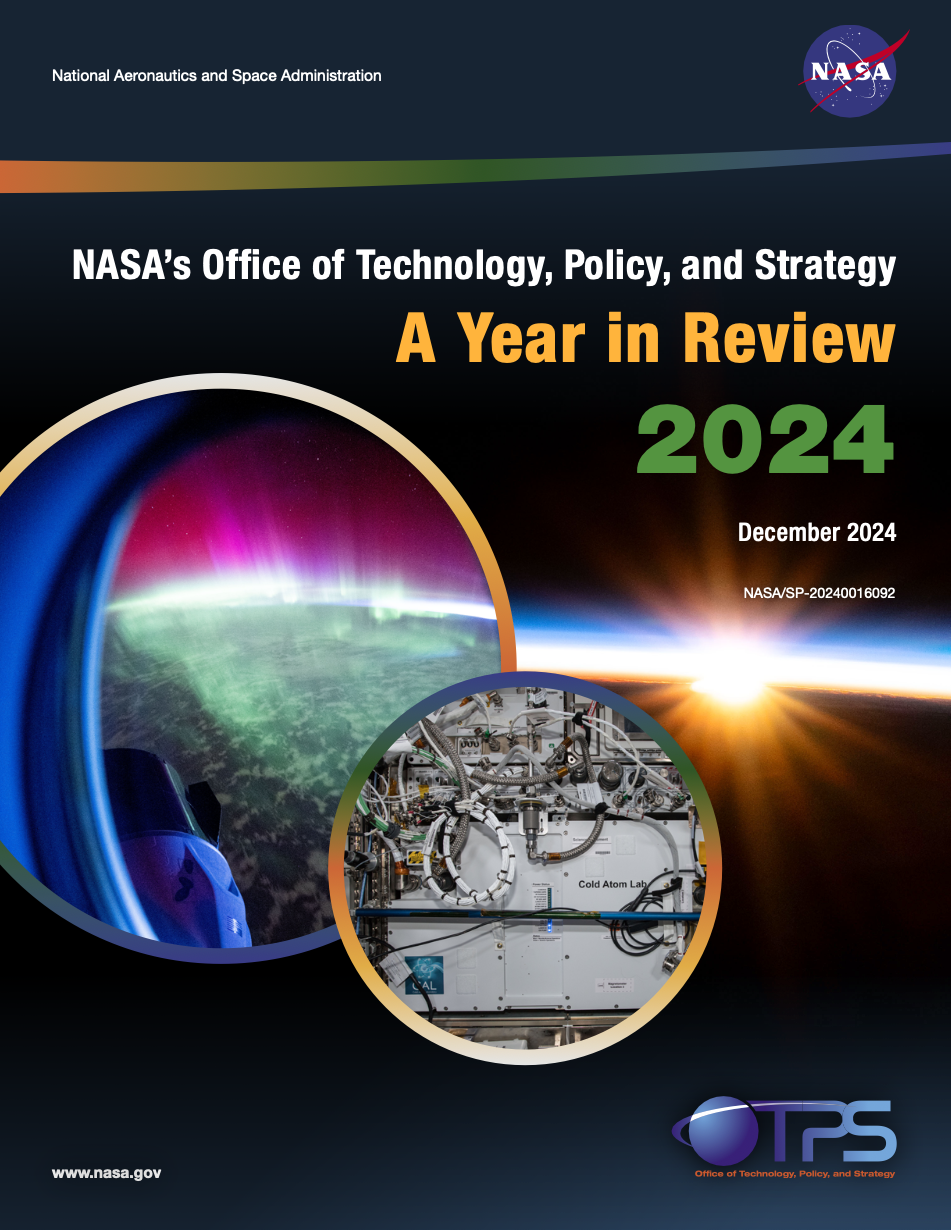
Recent Publications
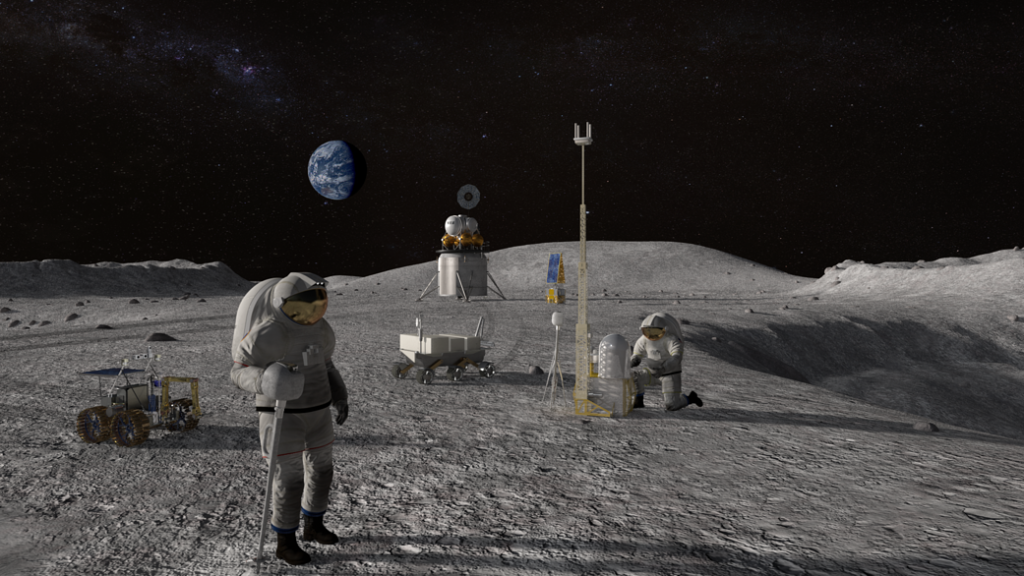
NASA Study on Ultra-High-Definition Lunar Video for Artemis
This document summarizes an OTPS effort to review the expected quality of imagery from the lunar surface during early Artemis missions and explore the options for improving that imagery.
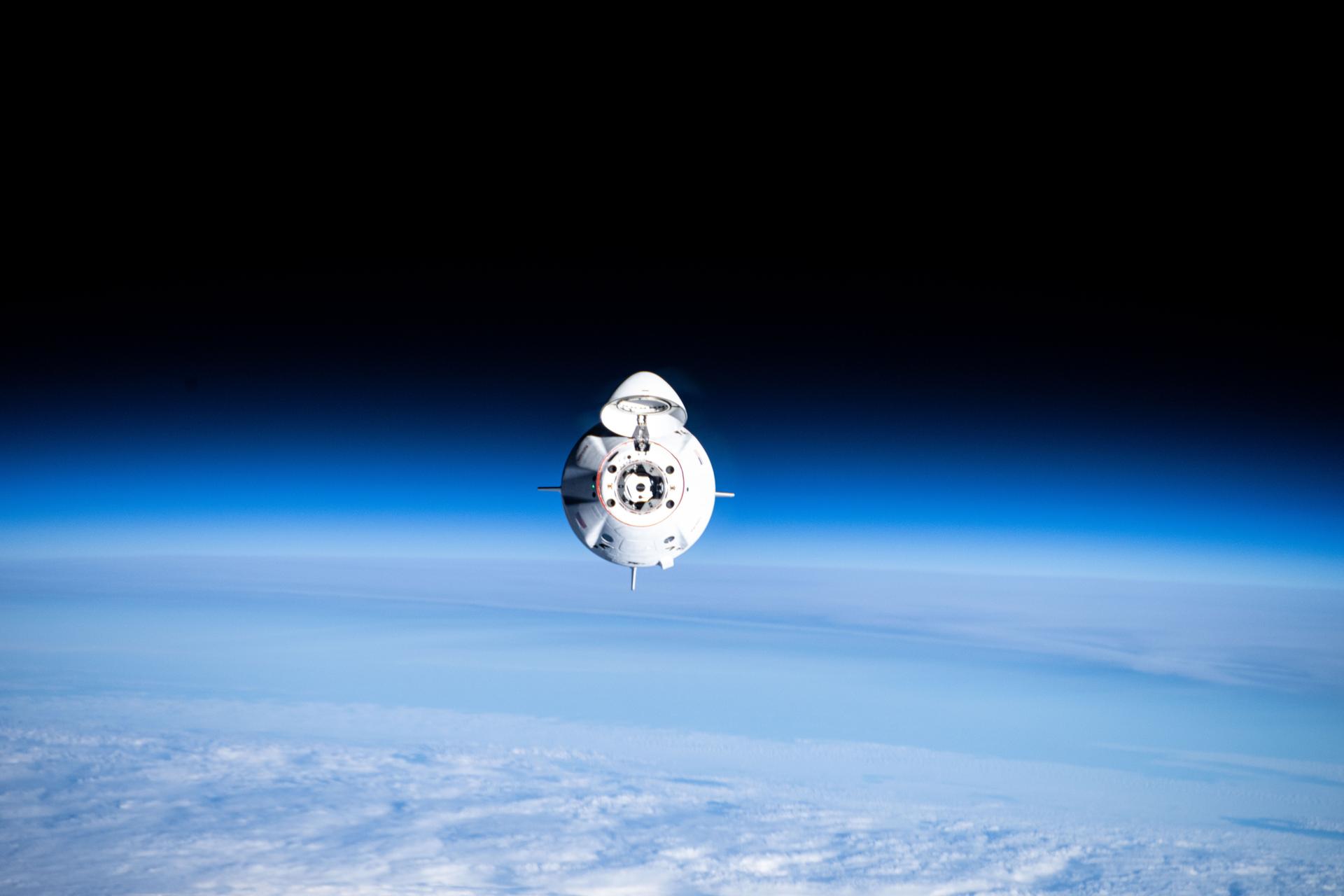
Enabling America on the Space Frontier: The Evolution of NASA’s Commercial Space Development Toolkit
OTPS highlights 17 agency mechanisms that have directly and indirectly supported the development and growth of the U.S. commercial space sector for the benefit of humanity.

A Year in Review 2024 from NASA’s Agency Chief Technologist
OTPS shares an annual letter from the Agency Chief Technologist (ACT), updates on various studies in the technology domain within OTPS, overviews of the center chief technologists, and vignettes of various technology projects across the agency.
More OTPS Publications

Commercial LEO Destinations Asset and Liability Insurance: Findings and Options
OTPS conducted a study to better understand the challenges that Commercial LEO Destination providers are facing when it comes to obtaining insurance for their proposed destinations and to provide potential options for addressing those concerns.

NASA Study Provides New Look at Orbital Debris, Potential Solutions
In a follow-on report, OTPS continues its work to address the technical and economic uncertainties associated with orbital debris. The report compares the cost-effectiveness of more than 10 different actions that can be taken to reduce the risk from orbital debris.

Announcement for Partnership Proposals – For One or More Partnership Agreements Related to University Capstone Projects
NASA’s Office of Technology, Policy, and Strategy (OTPS) seeks partnerships with higher education institutions to prepare cross-disciplinary undergraduate and graduate students in the areas of technology, policy, and economics.

Policy Questions Framework for Missions
OTPS has developed a framework for evaluating policy questions early in mission and program lifecycles. “Policy Questions Framework for Missions” identifies 12 policy questions using the Moon to Mars Objectives that can be used as a framework for future science and exploration missions.
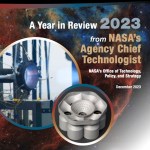
A Year in Review 2023 from NASA’s Agency Chief Technologist
In A Year in Review 2023 from NASA’s Agency Chief Technologist, OTPS shares an annual letter from the Agency Chief Technologist (ACT), updates on various studies in the technology domain within OTPS, overviews of the center chief technologists, and vignettes of various technology projects across the agency.
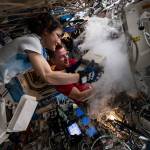
Models for Facilitating Government-Funded Activities in the Post-ISS LEO Ecosystem
In September 2022, the National Space Council directed NASA to “develop a plan for the next generation microgravity national lab in a commercial space station world.” NASA has been working to develop this strategy, to include considerations for establishing robust international partner pathways outlined in this report.
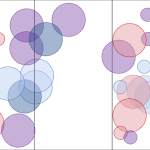
Technology Scouting Phase 1 Report
The overall goal of the Technology Scouting project is to develop an approach to conduct effective technology scouting within NASA by first assessing the need for such a capability, evaluating current and recommended approaches, and then developing a strategy to address any weaknesses in the current approach. The Technology Scouting Phase 1 Report validates whether NASA’s technology scouting capability is consistent with best practices from industry, academia, and other government organizations, and identify whether there is the appetite for adopting a more rigorous technology scouting capability across the agency.
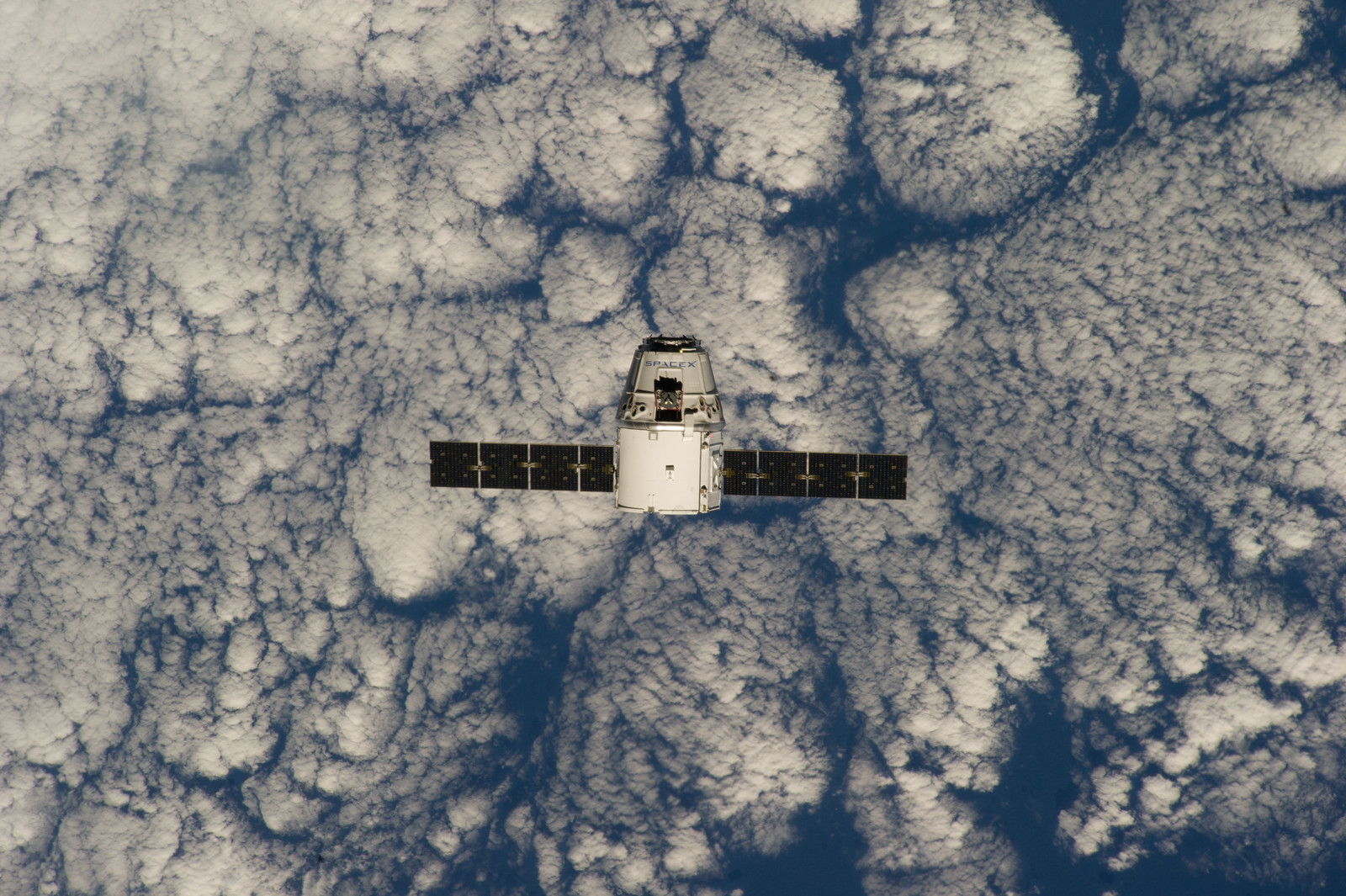
NASA Futures Roundtables: Exploring Challenges and Opportunities for NASA in the Emerging Environment (Report by Aerospace Corporation)
In its 2021 annual report evaluating NASA’s strtategy, the Aerospace Safety Advisory Panel (ASAP), a federal advisory committee that reports to NASA and Congress, published a finding NASA should develop a strategic vision for the future of space exploration and operations that encompasses at least the next twenty years, including potential alternative scenarios, that is driven by how the agency is going to understand and manage risk in the more complex environment in which it will be operating.

2023 NASA’s Public Responsible AI Use Cases
NASA is submitting its updated AI Use Case inventory to the White House Office of Science and Technology Policy (OSTP) for 2023. NASA followed a similar process just as the previous year, soliciting input from the Community of Practice of NASA researchers, using a newly deployed web tool. Many of the AI activities submitted were in formulation or still in development. This list represents the projects where NASA is currently using AI tools developed in-house.
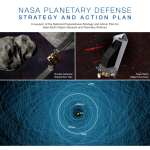
NASA Planetary Defense Strategy and Action Plan
NASA’s Planetary Defense Strategy and Action Plan responds to the U.S. National Planetary Defense Strategy. The NASA strategy focuses the agency’s efforts on planetary defense activities to ensure it is working to achieve the goals outlined in the national-level plan. The release of the agency’s action plan is an important step forward in ensuring the Earth remains safe from potentially hazardous near-Earth objects for generations to come.

Cost and Benefit Analysis of Orbital Debris Remediation
The OTPS report, “Cost and Benefit Analysis of Orbital Debris Remediation,” considers several remediation approaches to reducing the risks posed by orbital debris, including moving, removing, or reusing it. Some remediation approaches could create more benefits than costs in under a decade, the report found.
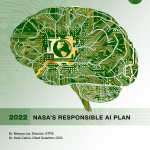
2022 NASA’s Responsible AI Plan
The 2022 Responsible AI Plan outlines how NASA intends to implement the Executive Order 13960 – Promoting the Use of Trustworthy Artificial Intelligence (AI) in the Federal Government promises to drive the growth of the United States economy and improve the quality of life of all Americans.

2022 NASA’s Public Responsible AI Use Cases
NASA continues to practice Responsible AI and apply the nine principles set down in the EO 13960. The agency has been engaged in ethical AI already and the 2022 Public Responsible AI Use Cases are an example of how NASA is increasing our transparency by making our AI Use Cases public and providing annual updates.




